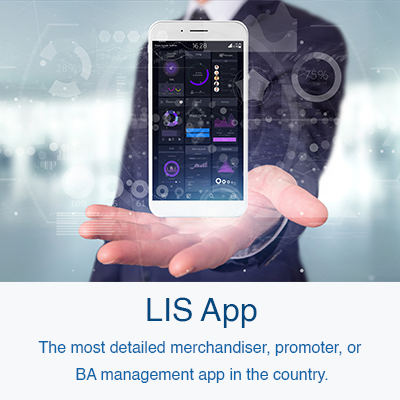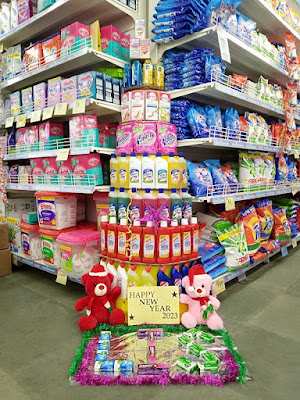Here is How a Retail Management System Can Multiply Profits!
Business owners face challenges on many fronts, from customer service to store management. In addition, they face challenges in everything from managing inventory to processing orders. More importantly, brick-and-mortar stores are facing issues with the growing popularity of e-commerce websites—for example, smooth processes and customer service.
An RMS or retail management system must also be able to work online and offline. Likewise, competition from digitization will only increase. Businesses need to meet growing customer demands to improve their shopping experience. Fixing these issues with manual entries will not work. Therefore, manually entering enhancement information will not work. However, many business owners still need to be ready to implement point-of-sale software (a next-generation retail management system).
They argue that this will have a severe impact on their budgets. Additionally, employees should take the time to learn about the system. Therefore, it will slow down retail operations. The benefits of retail management software should be noticed. But not anymore. Here are seven benefits of a retail management system.
1. Visibility and real-time reporting are the natural strengths of retail management software:
The retail management system works 24/7 across multiple stores. Moreover, it gathers all data from warehouse purchases to products sold through an automated system. It tracks all product movements and flags deviations in the system.
After that, a user can generate sales, purchases, goods returns, and many other reports from the system. Most notably, it has built-in inventory management software. Understanding the movement of goods and the revenue generated by each product is helpful. Moreover, it is a win-win situation for the company because the leader can make decisions faster.
2. Helps improve business process automation:
Processes are essential for any business and even more so for retail companies. From purchase to supply and from sale to delivery, each step has a process that must be followed. A retail management system enforces such methods defined by its architecture. A company can represent items, quantities, suppliers, and sellers. Subsequently, the financial terms, once established, are strictly enforced by each employee and manager. Failure to complete a step or missing an entry will alert supervisors, who will need to correct the problem. This automates the workflow of every process within the company, making it leaner, faster, and more profitable.
3. It helps with inventory management big time:
Ask any retailer what the industry's biggest headache is. Almost everyone will say inventory management. Manually managing a large number of products takes a lot of work. Therefore, modern merchandise management software provides accurate information about the available stock of individual and sold items. After that, he can provide you with details of the stores to order from. You can do all these things with just a few clicks.
Not only that, but the retail management software will also serialize any product. Whether it's a single item or a combination. After that, it helps you track their journey through the system. Also, the system can place orders for goods from suppliers. A Retail management system
manage store inventory, in-store promotions, invoicing, and sales.
4. Promotional and loyalty offers: the key to success
All businesses fight for loyal customers. Especially if you manage them manually, they will eventually fail. As a result, it leads to a loss of reputation and potential business. The retail management system integrates advertising and loyalty modules. Additionally, customers can take advantage of special discounts and redeem points. These points and discounts accumulate as you make purchases. Not only does it help predict sales cycles, but it also makes customers happy with frequent visits for purchases.
5. Streamlined Point of Sale Process:
The store is the heart of the company. It is also where all customer interactions take place. It will help label items for sale and accept payments from shops. All vital business operations are performed through a system. Retail management solutions allow retailers to access product availability and locate items. In addition, it helps collect payments quickly.
Additionally, it may offer discounts on items. After that, you can cross-sell, up-sell and quick-pay to increase store sales.
6. Customer Care Like No Other:
A retail management system can help retailers make deals, run ads, run promotions, and do much more. It also allows you to target customers through recorded data about their purchases and buying behavior. Loyalty discounts and faster payouts keep customers happy. Plus, customers will be more than happy if you reduce their efforts to locate items as they shop. Automating these tasks improves their shopping experience, with more and more frequent visits to the store. Retail management software brings many other hidden benefits to the business. RMS can make a business profitable with less human labor. With integrated inventory management and modern features.
7. Efficient Delivery Mechanisms: The Core of Retail Management Software
A retail management solution with vendor specification options makes it easy to identify vendors. You can also track each package with a goods issue. After that, it also provides provisions for different shippers for different items and stores. This creates issue notes for products that need to be shipped to customers. Customers and suppliers become more loyal and trustworthy. That way, they know where and when their stuff will arrive.



Comments
Post a Comment